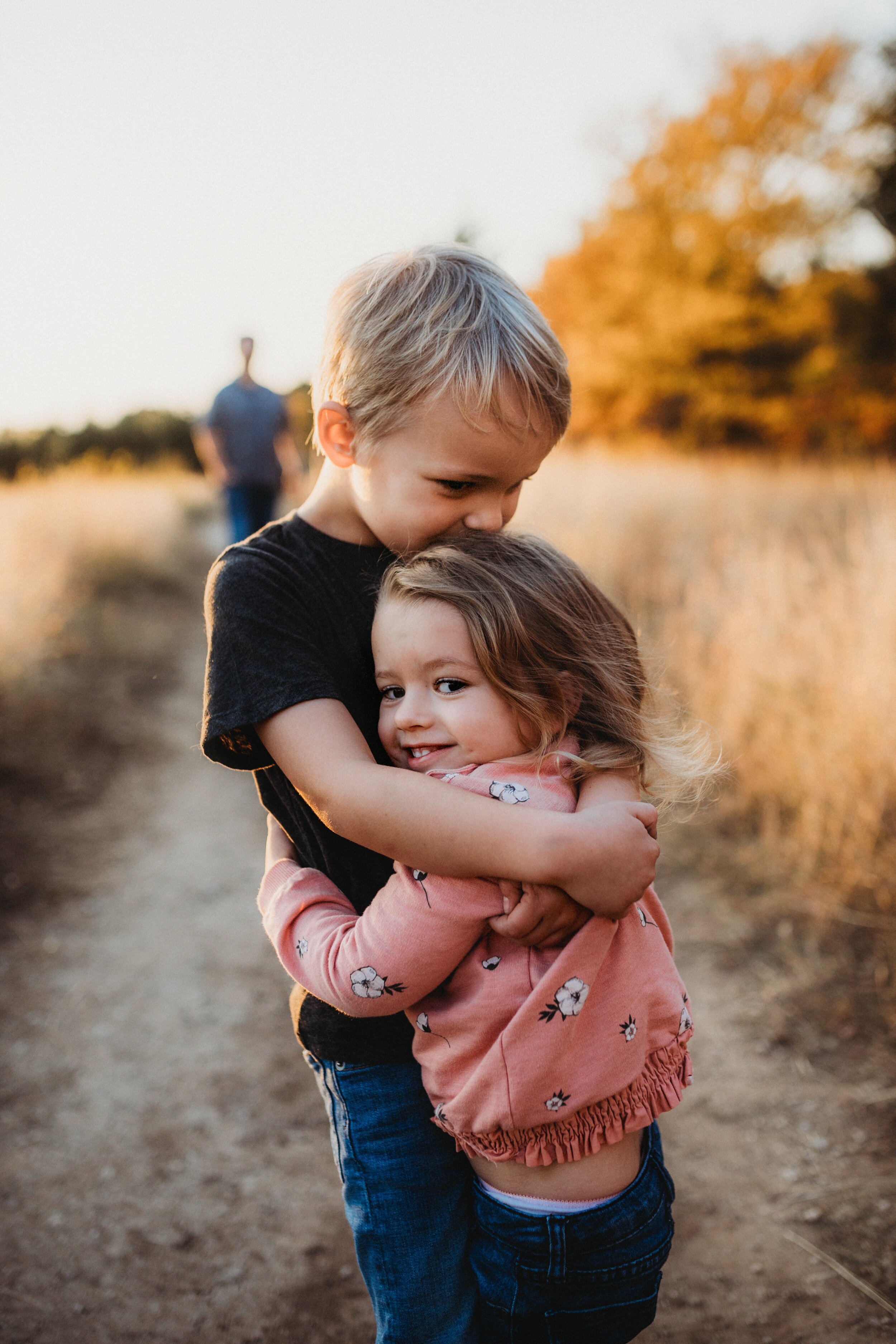Understanding Kids’ Triggers, Using Emotional Intelligence.
Did you know your children have specific triggers, just like you? Only they’re perhaps not related to work and in-laws! All jokes aside, it is critical for us to know exactly what triggers our children; what causes huge meltdowns and even anxiety. Particularly when we know that their triggers actually often go unrecognised or ignored - which is understandable given the busy life of parents these days.
If we hope to raise emotionally intelligent children, being aware of their emotional triggers is a large part of our role. We also need to be aware that WE will often be triggered ourselves, when our kids are becoming upset or frustrated!
So, how can we guide our kids through their big feelings, without getting lost in the emotional cyclone ourselves?
First I encourage you to cultivate a deep understanding of the neuroscience behind your kids’ behaviour. No matter their age (unless they’re older than about 25!) they simply do not yet have the full cognitive capacity and logical thinking skills that allow them to manage their triggers themselves. Read that again, because it’s SUCH a foundational aspect of raising emotionally intelligent kids who can manage being triggered.
We need to also hone in on specifically what environments, people, and situations trigger our kids into an emotional reaction. The awareness of key.
So, what are some common triggers for children?
Hearing NO from a parent (or sibling!)
Being given a demand or request with little or no warning
Feeling like they have to wait longer than they can handle
When we don’t follow up on a promised activity
A sudden noise or unexpected sensory stimulation
The end of a favourite activity
An upsetting thought or memory
An unexpected changing routine
Lack of attention and connection
Failure, disappointment or not winning
Also consider that often, your child may be experiencing something internally or underneath the surface, that we are unaware of. Sometimes we see a ‘small’ issue turn into an intense emotional outburst. Never, ever look at the behaviour of your child and make an assumption then and there.
I can’t stress enough how important it is to see what else might be going on, and give your child the benefit of the doubt. Because we now know that a child does well WHEN he or she can. If they aren’t ‘doing well’, it’s because they can’t. Let that sink in!
Here are three things of what we can do to manage our kids triggers:
Raising our awareness of OUR and our child’s common emotional triggers.
Noticing how we react when our kids are triggered; what patterns are there.
Looking at how we can coach, guide and problem-solve with them.
Connecting with your kids and coaching them through these big moments is so powerful and transformational.
If you need more support on how to manage your own or your kids’ triggers, reach out! There’s so much we can do and it all starts with us.



